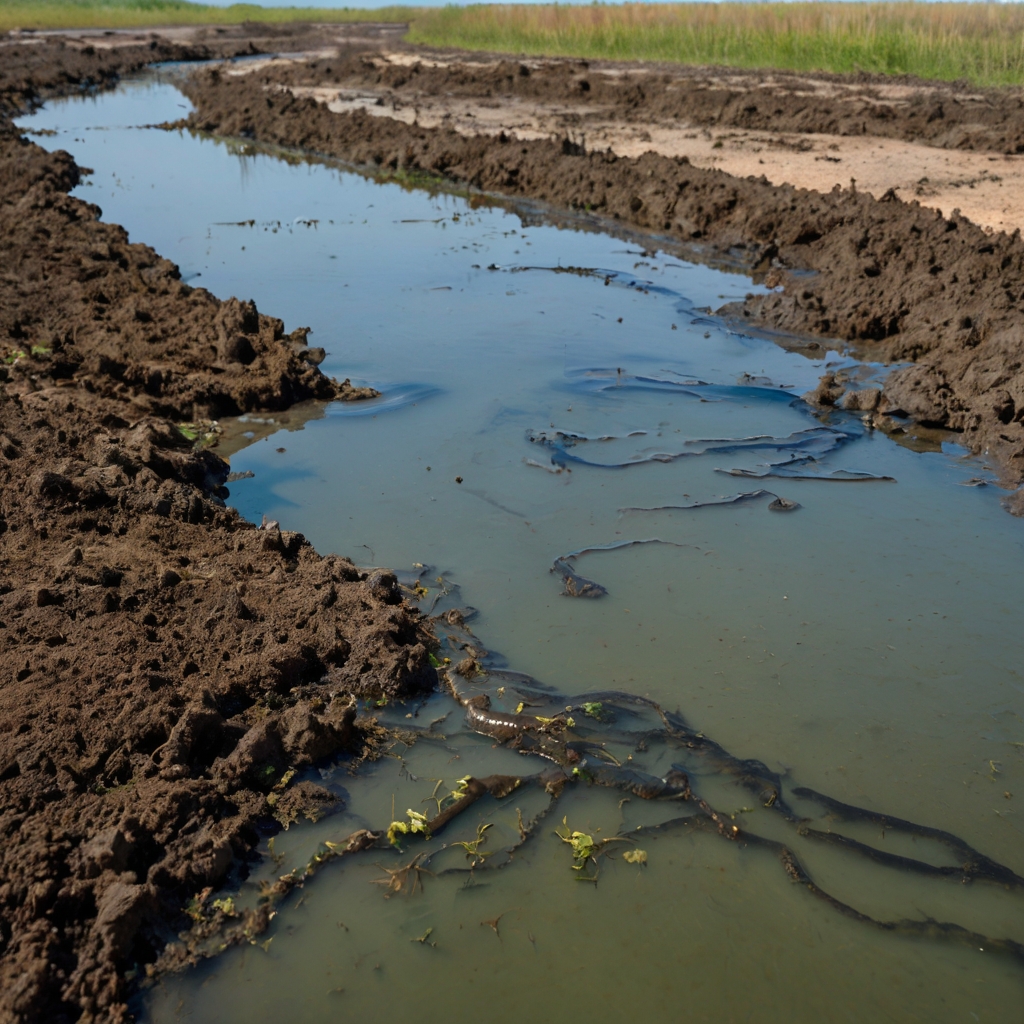Key Takeaways:
- Understanding the science behind sludge management can improve environmental outcomes and resource efficiency.
- Proper sludge management benefits agriculture and energy production and reduces waste.
- Innovations and technology are transforming the sludge management industry.
Introduction to Sludge Management
Sludge management is crucial in wastewater treatment and maintaining environmental integrity. With urban growth and industrial activity increasing, modern waste management systems must be effective and sustainable. Sludge removal plays a vital role in this process, ensuring that accumulated waste is efficiently extracted and treated before it can impact the environment. Efficient sludge management involves a blend of technological innovation and eco-friendly practices, promoting resource use and conservation. This integration of environmental stewardship with waste management practices fosters an ecosystem balance, reflecting a global commitment to sustainability.

The Science Behind Sludge
Sludge, a result of wastewater treatment, is composed of both organic and inorganic materials. It is managed using biological and chemical processes like anaerobic digestion, composting, and thermal processing. These processes enhance soil vitality and provide alternative energy sources. Anaerobic digestion employs microorganisms to degrade organic materials, resulting in biogas and digestate. Composting accelerates organic decomposition, transforming waste into a nutrient-rich soil amendment.
Environmental Benefits of Proper Sludge Management
Adept sludge management is crucial for environmental protection and reducing pollution. Integrating sludge treatment into circular economy models reduces soil and hydrological contamination. These practices support sustainable waste recycling and ecosystem health through nutrient replenishment. Biosolids as fertilizers not only improve soil quality but also reduce chemical inputs in agriculture, highlighting the importance of viewing waste as an opportunity to support agricultural productivity and environmental quality.
Sludge in Agriculture: A Fertile Alternative
Biosolids, treated sludge, are a valuable soil enhancer in agriculture, releasing nutrients gradually, optimizing plant uptake, and improving soil structure. They reduce reliance on chemical supplements and contribute to sustainable farming. Farmers who integrate biosolids report improved crop resilience and productivity. They also sustainably boost soil organic matter, promoting greener farming practices. This approach is a compelling case for the broader adoption of biosolid-based agricultural systems.
Energy Production: Harnessing Power from Sludge
Sludge has potential as a renewable energy source through anaerobic digestion, which converts organic material into biogas for energy or heat. This process reduces waste volume and contributes to the energy grid, helping to limit fossil fuel use. Biogas production illustrates how waste can drive energy innovation and promote sustainable solutions that lower greenhouse gas emissions. By adopting biogas technologies, communities can improve energy autonomy, diversify energy sources, and enhance environmental resilience.
Innovations in Sludge Management Technology
Sludge management technology is undergoing a renaissance with innovative innovations, such as thermal hydrolysis and advanced sensors and automated systems. These technologies are improving treatment outcomes and resource recovery while also optimizing plant operations and reducing human error. This trend toward more innovative, data-driven solutions aims to meet environmental regulatory standards and set new benchmarks for waste management and resource efficiency.
The Economic Impact of Sludge Management
Effective sludge management offers economic benefits beyond cost savings. It transforms waste into valuable products like fertilizers and energy, reducing operational costs. The incorporation of advanced technologies creates new opportunities in the technology sector. Commercialization of byproducts like compost and biogas boosts local economies, providing additional revenue and promoting green industries. These activities contribute to sustainable development and energy independence.
Future Trends in Sludge Treatment and Disposal
The evolution of sludge treatment is paving the way for a more sustainable approach driven by the global push towards circular economies. Advancements in treatment processes and resource recovery are expected to enhance sludge management efficiency while minimizing environmental impact. This commitment to research will lead to a new era of sludge management characterized by reduced ecological footprints and resilient waste systems.









